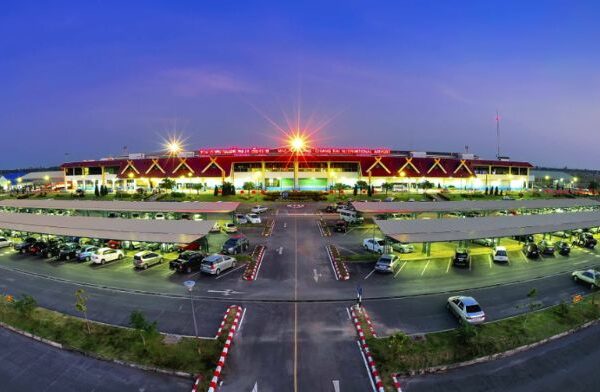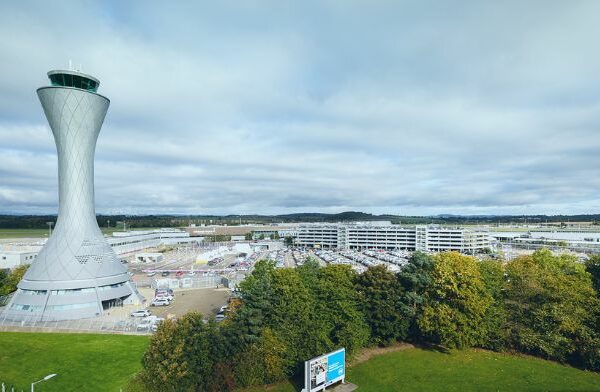Bristol Airport has teamed up with easyJet to trial a range of initiatives with a long-term ambition to achieve net-zero operations at the airport.
The partnership will involve a series of trials geared towards the overall ambition to achieve a zero emissions turnaround at Bristol alongside taking steps to contribute positively towards reducing easyJet’s overall carbon footprint.
In line with the collaboration, easyJet will use Bristol Airport as a test-bed to trial and implement the latest technological and innovative solutions for decarbonising its operations and reducing waste. It’s hoped that any successful results from the trials will have the potential to be rolled out across easyJet’s network which spans 150 airports across 35 countries.
The partnership will explore various projects and trials involving expert associates and partners throughout the aviation industry to help reduce and eliminate emissions from aircraft ground operations, as well as challenging industry to work together to develop affordable and achievable technological solutions to reduce carbon emissions.
Sustainable aviation fuels (SAF), electric Ground Power Units, electric passenger transport, recycling and waste management, employee carbon-saving initiatives, aircraft descent approaches, zero carbon emissions aircraft turnarounds and neo aircraft deployment as well as fleet optimisation are all areas that will be explored.
“As an airport we are taking our commitments to address climate change seriously and we have made great progress already,” said Simon Earles, Sustainability and Corporate Affairs Director, Bristol Airport. “By the end of 2021 we will be a carbon neutral airport for emissions under our direct control, exceeding our own target, four years ahead of schedule.”
He added: “The easyJet commitment follows on from the work we have already started in announcing an Aviation Carbon Transition (ACT) programme with a starting fund of £250,000. The ACT programme will support initiatives and projects reducing direct and indirect emissions from airport infrastructure to enable lower/ zero emissions; research and development of decarbonisation or alternative fuels for use by airlines; design and develop processes and procedures to eliminate emissions and demonstrating our commitment to working with others to support innovation in relation to decarbonising transport and flight emissions outside of our direct control.”
easyJet’s Director of Sustainability, Jane Ashton, remarked that the partnership with Bristol Airport “is a good example of how we can look at every aspect of our operations, really challenging how we do things by implementing the newest technological solutions across a series of decarbonisation and waste reduction trials over the coming months.”
She also noted that easyJet already offsets the carbon emissions from the fuel used on its flights as an interim measure while it continues to champion the development of new technology. “We will continue to optimise our operational fuel and carbon-efficiency and review what further measures we can take to reduce our emissions across our operations,” she concluded.






